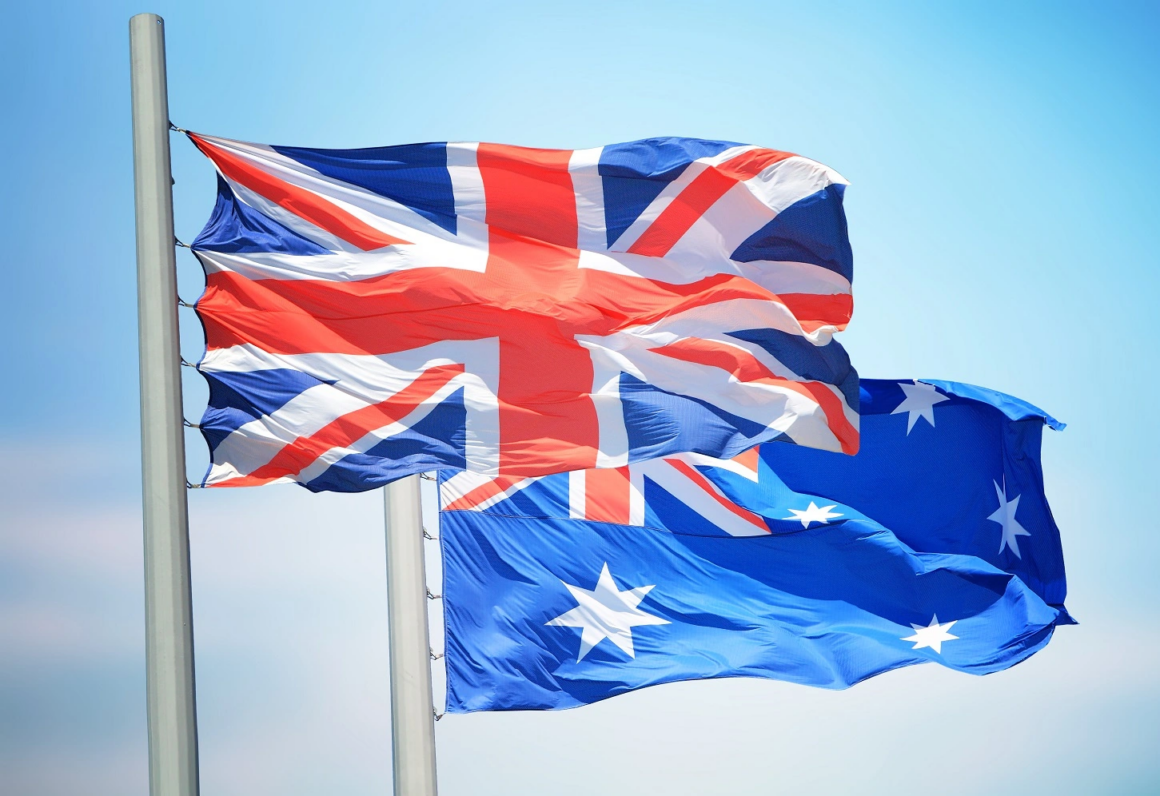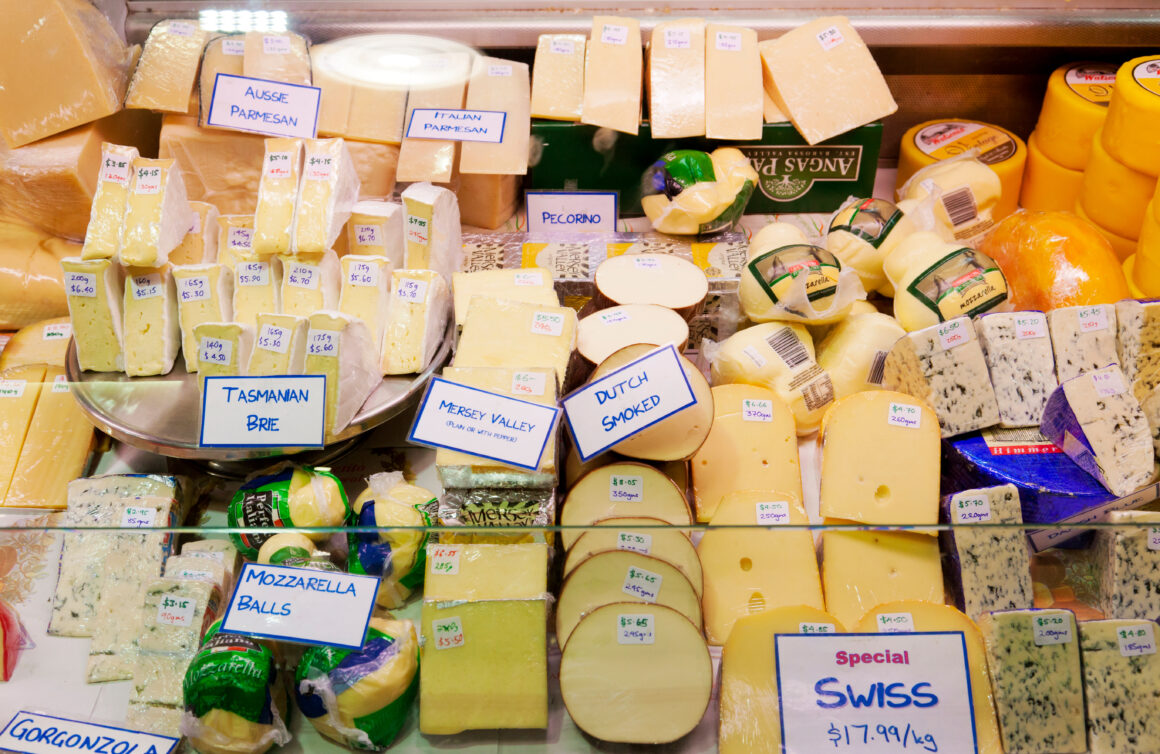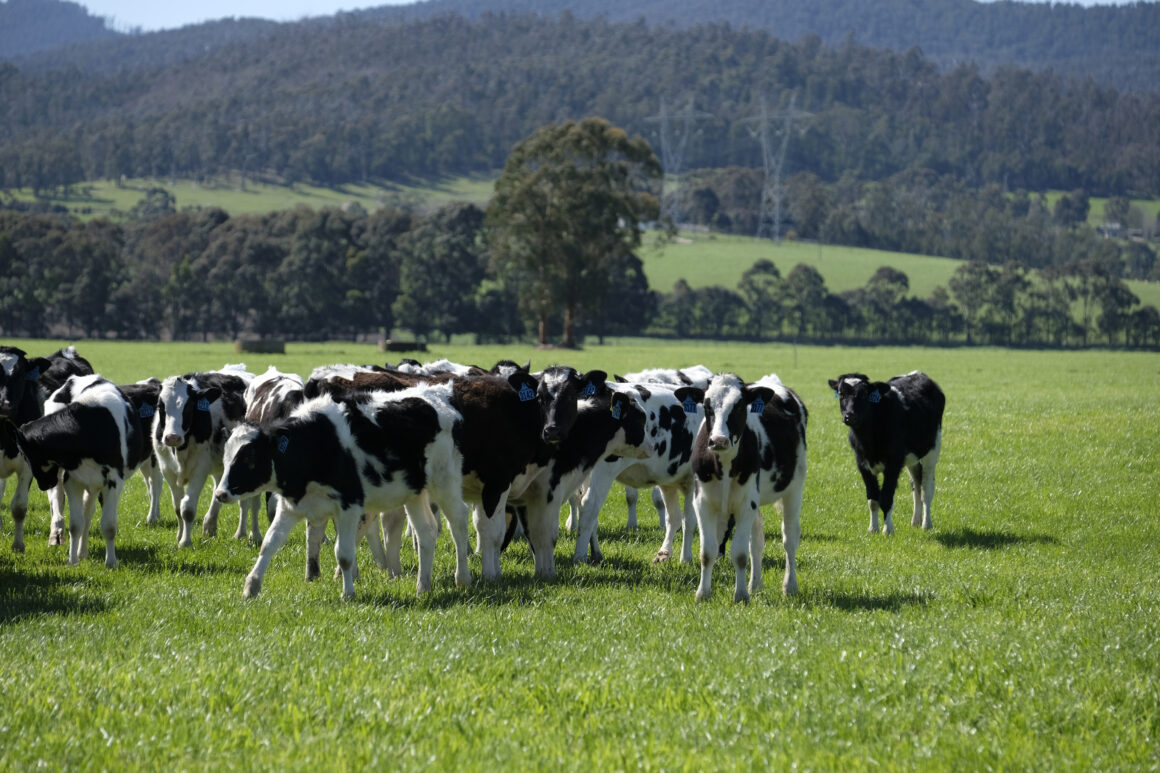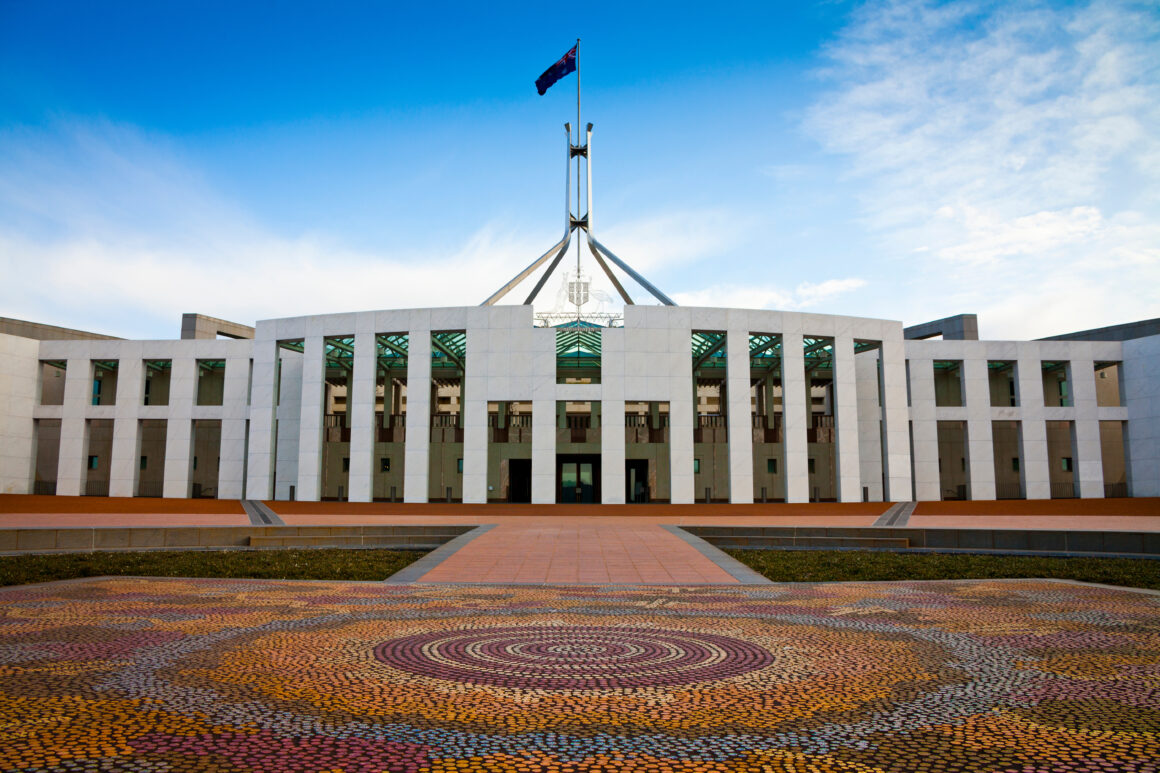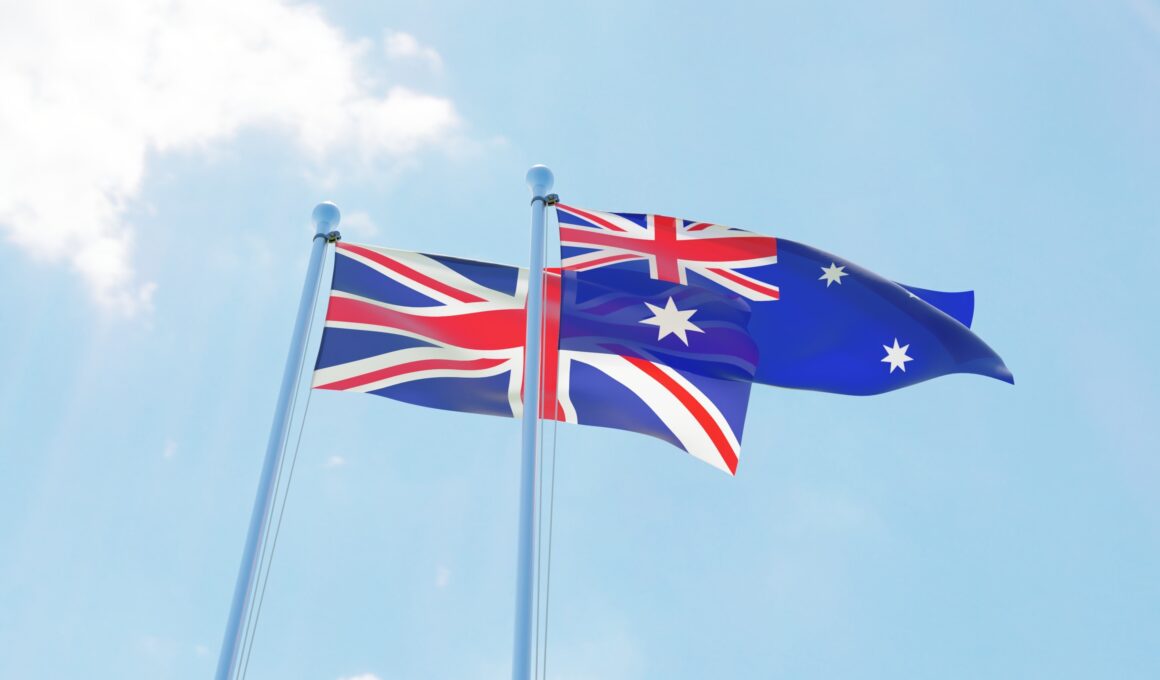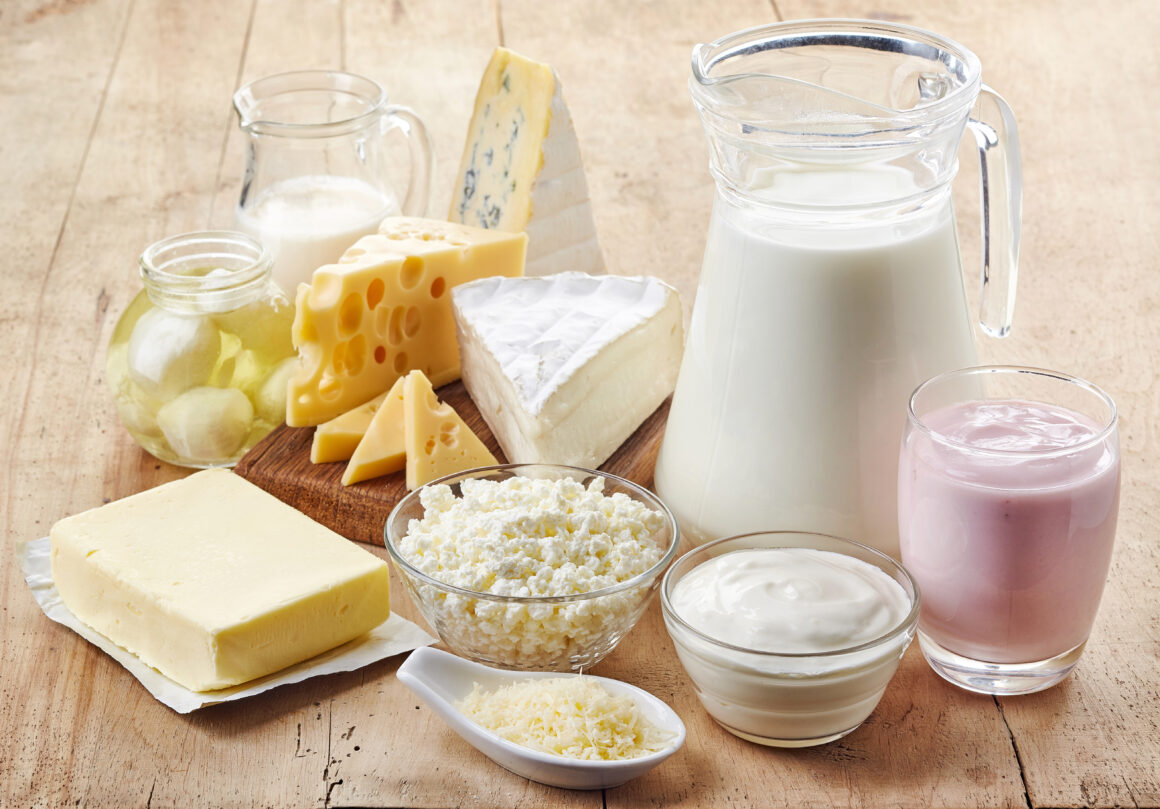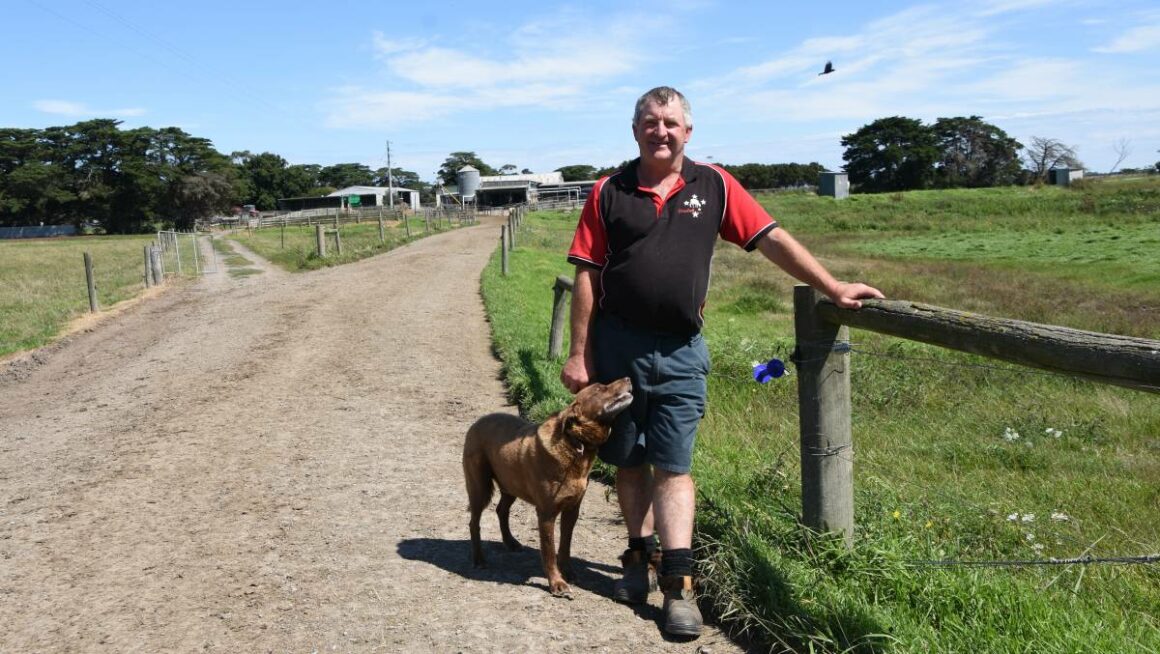Australia’s peak dairy policy body, the Australian Dairy Industry Council (ADIC), welcomes the ratification of the Australia-United Kingdom Free Trade Agreement (UK FTA) by the UK Parliament.
“This is the first FTA to be signed with the UK since Brexit,” ADIC Chair Gladigau said. “This highlights the speed with which the Australian government and its negotiators moved to secure this deal.”
The deal eliminates tariffs on dairy trade between Australia and the UK within five years. It provides immediate duty-free access for significant volumes of milk, cream, yoghurt, whey, butter and cheese. Further, the deal increases access to Australian ice cream and infant formula in the UK.
Approximately one-third of Australian dairy production is exported. The UK is a large dairy importer as well as exporter of dairy products. According to UK customs data, it imported almost 1.5 million tonnes of dairy products in 2020, making the UK the second largest importer of dairy in the world. Currently, European Union members supply 98% of the UK’s dairy imports.
“Australian dairy has a reputation worldwide for being a reliable trading partner, supplying quality product. We look forward to the success stories flowing from the Australia-UK FTA,” Mr Gladigau said.
Media contact: Mark Paterson, 0409 411 110, mark@curriecommunications.com.au
About the Australian Dairy Industry Council
The Australian Dairy Industry Council (ADIC) is the dairy industry’s peak policy body. The ADIC co-ordinates industry’s policy and represents all sectors of the industry on national and international issues through its two constituent bodies, Australian Dairy Farmers Ltd (ADF) and the Australian Dairy Products Federation (ADPF). It aims to foster, promote and protect the interests of the Australian dairy industry by driving a whole of industry approach to dairy policy and the development of the dairy industry.

